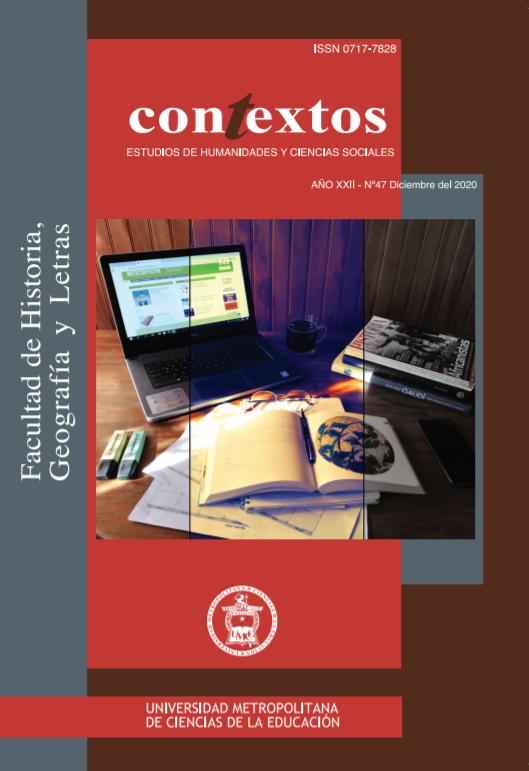Main Article Content
Dec 28, 2020
Abstract
Radical evil and the banality of evil are the two ways in which Arendt has catalogued totalitarian evil. In relation to this theme, the Auschwitz trials have not been the object of in-depth analysis both with regard to Arendtian work and critical literature. The purpose of this paper is to elucidate whether the type of evil evidenced during the mentioned trials was the replica of a typology of evil with legal antecedents and, therefore, it is correct to leave it out of the studies on the evil that occurred during totalitarian regimes, or if only it can be understood in relation to the context in which it took place.
Downloads
Policies for open access journals
Authors who publish here accept the following terms: Authors will keep their copyright and will guarantee the journal the right to the first publication of their work, which will be subject to the Licence of Creative Commons acknowledgement, which allows for the use of this material only if the authorship is credited and the original source is acknowledged (the journal’s URL), and if it is not used with commercial ends and with any derivations of the original work.
Authors may adopt other non-exclusive license agreements of distribution of the published version (e.g. to save it onto a digital institutional archive or publish it in a monographic volume) only if the initial publication of this journal is indicated.
It is permitted and recommended for authors to divulge their work on the Internet (e.g. institutional digital archives or webpage) before and during the submission process, which may lead to interesting exchanges and increase the citations of the publication. (See Open Access Effect).






